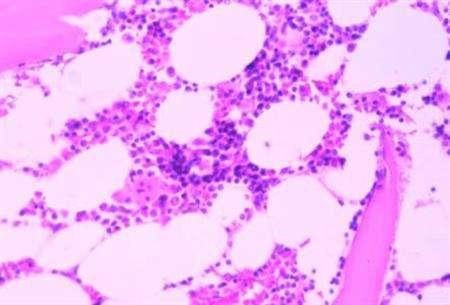Changing Blood Types Now Nearing Possibility

Scientists recently discovered a way to modify blood types so that it can be donated to almost any individual. The problem of lack of blood donors with the exact blood types have become a problem of the medical sector for a long time, but finally, a solution has been made.
Chemists and scientists from the University of British Columbia Centre for Blood Research have developed an enzyme that can possibly alter blood composition according to what is needed at hand. The said enzyme is said to strip off the sugars or antigens present in blood types A and B. With this, the blood becomes a type O, which is the type of blood that can be donated for all patients.
The researchers used an advanced technology known as directed evolution. This enabled the enzyme-coding genes to undergo mutations. The technology also has the ability to choose mutated genes that are highly effective in removing the antigens.The enzymes were said to be 170 times more effective after five generations. UBC associate professor Jayachandran Kizhakkedathu and colleagues in the Centre for Blood Research were able to snip off the sugars in the Type A and B blood.
"We produced a mutant enzyme that is very efficient at cutting off the sugars in A and B blood, and is much more proficient at removing the subtypes of the A-antigen that the parent enzyme struggles with," said David Kwan, lead author and a postdoctoral fellow in the Department of Chemistry.
Although the experiment was able to yield very promising results, further investigations should be performed to ensure that not a trace of antigen is found in the modified blood. All antigen must be removed before it can be used in the clinical setting. As the immune system is highly sensitive, the minimum amount of sugars can trigger an immune response. "The concept is not new but until now we needed so much of the enzyme to make it work that it was impractical," Steve Withers, a professor in the Department of Chemistry said. "Now I'm confident that we can take this a whole lot further."
To contact the writer, email: rinadoctor00@gmail.com.





















